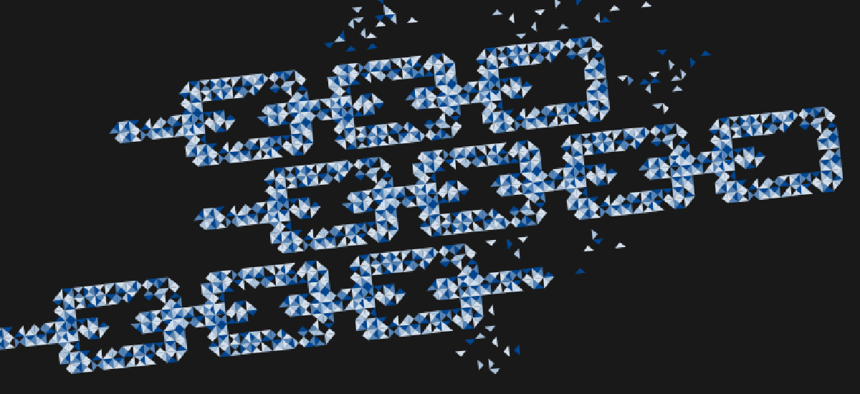FDA builds blockchain-based health data sharing platform


Connecting state and local government leaders
A Food and Drug Administration pilot with four hospitals shares electronic health records data through a blockchain platform.
Access to detailed, interoperable health information from large numbers of patients could help improve patient quality outcomes and provide medical researchers, insurance companies, public health officials and pharmaceutical manufacturers with treasure troves of data. Sharing that data, however, requires that personal health information is protected and that blockchain software can be installed across a diverse health care enterprise.
Under a pilot project with four major hospitals, the Food and Drug Administration’s Office of Translational Sciences is working with Booz Allen Hamilton to test how blockchain technology could be implemented to facilitate the secure sharing of information among the FDA, health care providers and hospitals.
“We can’t store data in blockchain when it contains [patient health information], so we needed to design a solution with off-chain components … with cryptographic algorithms to create user sharing” Lauren Neal, principal at Booz Allen Hamilton, said at a June 21 meeting of the Information Security and Privacy Advisory Board.
The Ethereum-based blockchain implementation ensures that sensitive information is never exposed on the blockchain. Each piece of data on the chain has one owner who can share whatever pieces of data he owns with other users or groups depending on their levels of access. This implementation puts access control at the document level. The FDA system also uses a proof of authority model to manage who has access to data on the private, permissioned blockchain network.
To manage the large data store, Booz Allen created a data sharing system through the InterPlanetary File System that allowed storage of very large files with minimal duplication across the entire filesystem network. All data is fully encrypted before being written into the storage system.
The platform uses Docker containers and a distributed microservices architecture because it gives developers a way to "isolate individual services and have a scalable solution,” Neal said. The architecture also spreads resource usage across multiple computing instances and allows components to be developed and scaled individually based on the requirements of the deployment site.
While the project is currently only operational at four hospitals, Neal said the FDA plans to increase the number of hospitals participating to 20 by the end of this year.
Booz Allen published a paper on its blockchain platform here.




